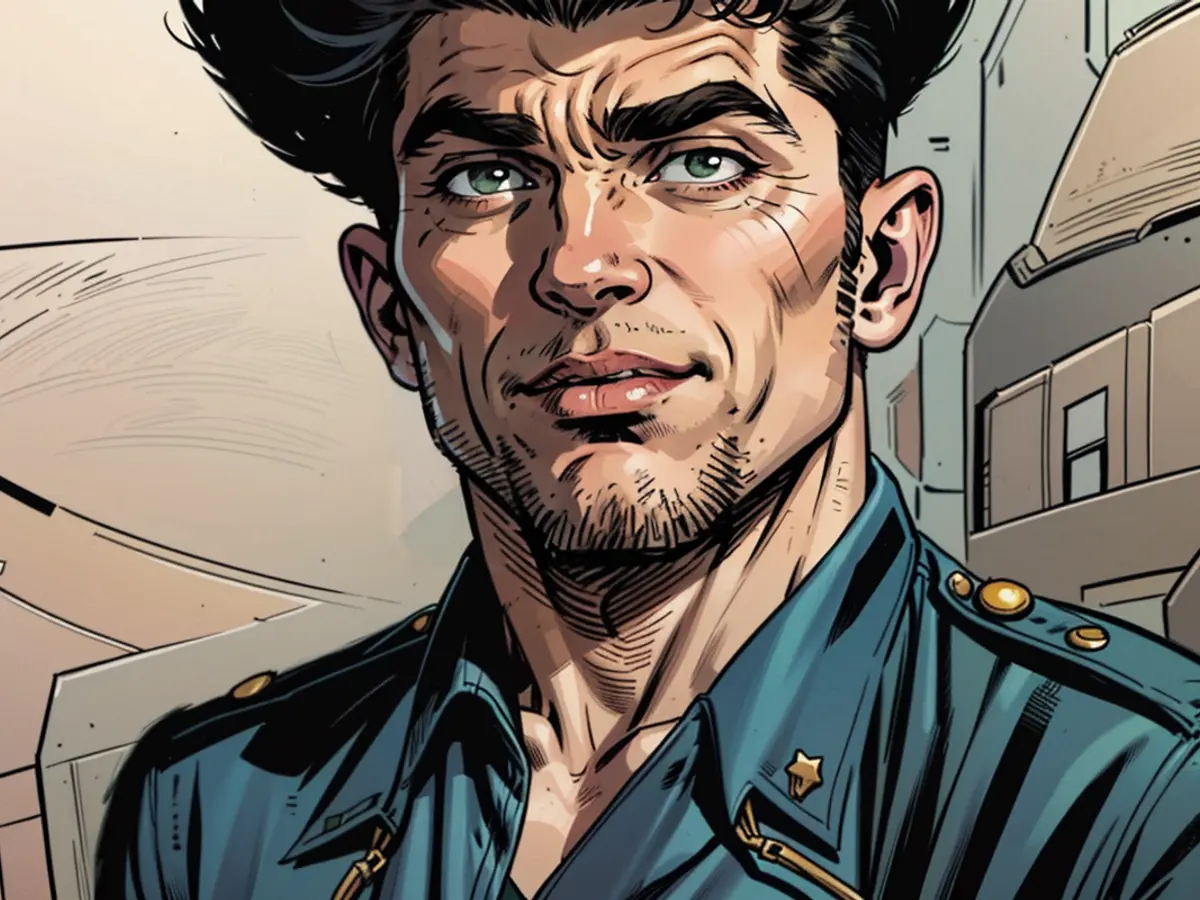Reflection: My uncle Nate, missing since D-Day, finally receives a dignified burial.
If that wasn't enough to trouble my emotions, Nate had been unceremoniously buried alongside 29 Nazi Germans post-war. Uncle Nate was a Jewish man, his ancestors being Eastern European immigrants who settled in Pittsburgh. Countless Baskinds perished at Auschwitz.
On July 23, 1944, Nate was leading a platoon of M-10 tank destroyers supporting an assault on an adversary stronghold near Cherbourg. He ventured ahead in a jeep to survey a firing spot near a reportedly secured intersection by American troops.
Nate's Individual Deceased Personnel File reveals that his driver returned from the mission severely injured. He reported that their jeep had been attacked and thought Nate was gravely wounded by machine gun and rifle fire. Later that day, when American soldiers seized the road junction, a thorough search failed to uncover any trace of Nate or his vehicle.
German war records told a different narrative: Nate was taken prisoner and succumbed to his injuries at a German Airforce hospital. Not long after, his remains were intermingled with those of the enemy.

My great-grandfather Abe Baskind wrote to the Army for several years, imploring for information about his son's whereabouts. In July 1949, Lieutenant Colonel W.E. Campbell from the Army’s memorial division informed him that Nate's remains were unrecoverable. He signed off that letter: “May the knowledge of your son’s honorable service to his country serve as a source of sustaining comfort to you who gave your loved one under such challenging circumstances that there is no grave to pay tribute to.”
In the late 1950s, the German War Graves Commission (GWGC or Volksbund) disinterred the common grave. When they found one of Nate's dog tags, his unit patch, and lieutenant bars, officials contacted the US Mortuary Service. The American team could not positively identify Nate despite his distinctive dental records. I have these records in a file on my desk. Case closed.
Nate's destiny became a part of my life 13 months ago when I received an email from Operation Benjamin –– an organization unknown to me at the time –– that began: “I'm quite certain this will be the most unusual and potentially profound email you will receive for quite some time.”
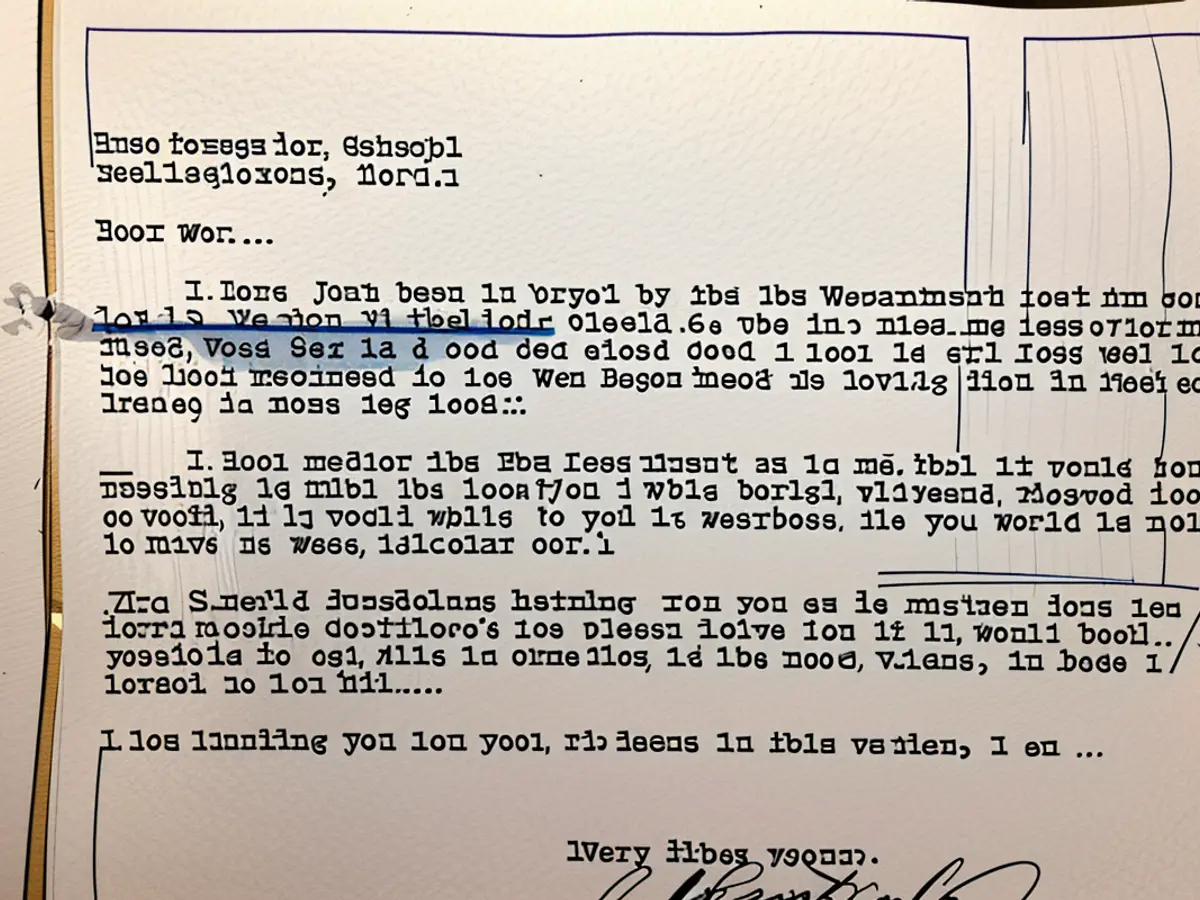
Operation Benjamin identifies Jewish GIs from World War I and World War II who were erroneously buried under Christian crosses in American foreign cemeteries and assists the US government's American Battle Monuments Commission (ABMC) in replacing them with a Star of David.
Following a tip from a genealogist specializing in German war cemeteries, Operation Benjamin located the whereabouts of my great uncle's remains. His name is on a brass plaque marking that mass grave, engraved beside Rudolf Bauer, Leonhard Aumüller, and others. The search was renewed, and I was tasked with leading the family initiative. If this had to fall into any Baskind's hands, it was mine. I am a professor specializing in Jewish American art, I teach the Holocaust, and I am a relentless investigator.
It has been a complex journey, but improbably, Operation Benjamin received permission from the French and German governments to exhume the grave. There were thousands of shattered bones. Among them were some relatively intact femurs that could possibly be Uncle Nate's. What was a challenge in life –– Nate stood at just 5'5 inches –– was an advantage in death. Samples of five femurs from men of small stature were sent by diplomatic pouch to Virginia, and tested against family DNA. There was only a slim chance of a match. We were astounded: A perfect match was made.
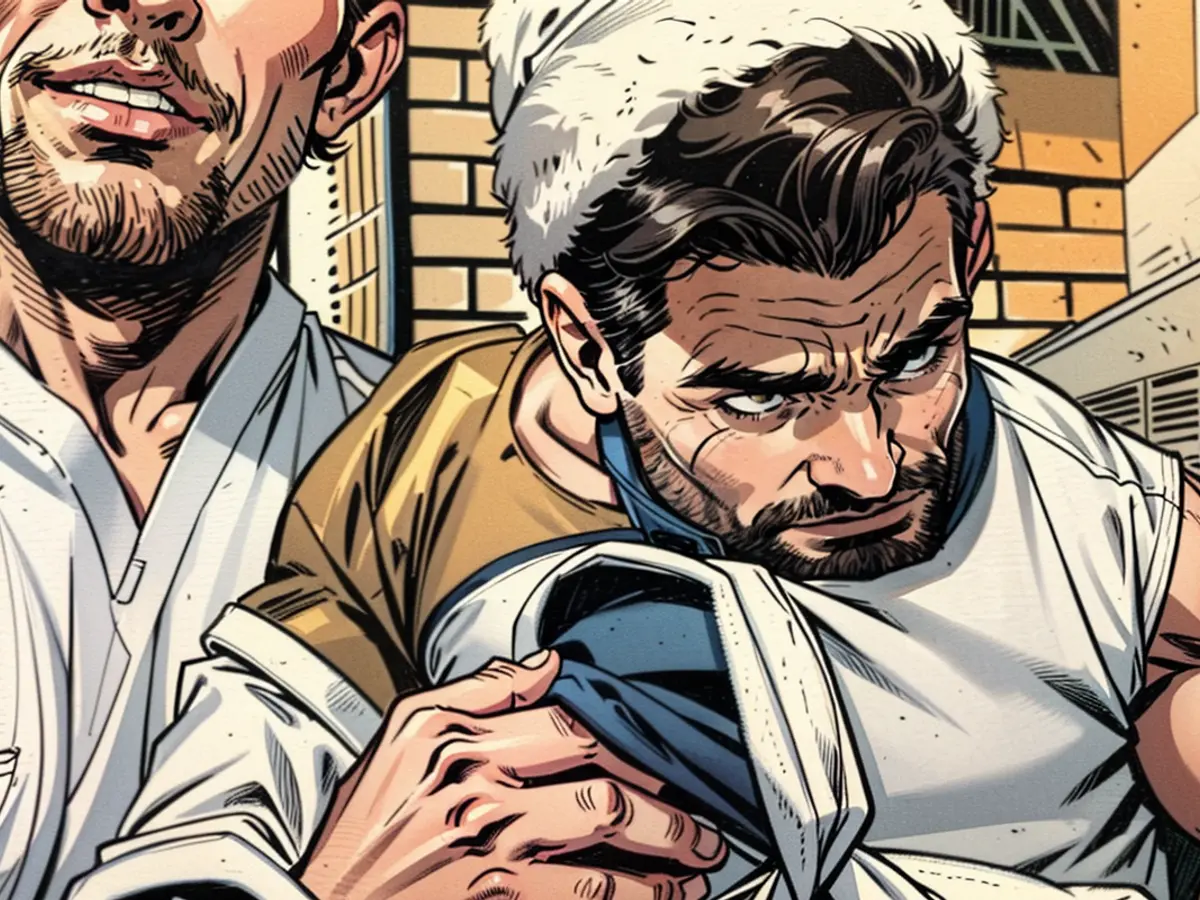
On June 23rd, the 80th anniversary of Nate's death, I will be at Normandy's American Military Cemetery, burying him with full military honors, under a Star of David with a rabbi presiding. Later that day, I will place a rosette on the Wall of the Missing next to his name. The names of 1,557 Americans are etched on the wall, with rosettes marking the names of those soldiers since found. Nate's rosette will only be the 27th.
For the past year, my life has been interwoven with the uncertainties of Nate's bones. A shadowy figure in my childhood, all I knew about Nate was a phrase often repeated by my father: “Your Uncle Nate was a great Jewish American war hero.” But after Operation Benjamin, I woke each day with the steady ache of his story, envisioning him exhausted and bewildered during basic training in Texas before he was guided to Northwest Africa, Tunisia, Italy, England, and then France for his final battle.
How cold he must have been on rainy Utah Beach, and how deep his pain after being shot. I pictured my great-grandparents sinking in a quagmire of despair and his twin sister's earthquake of sorrow upon hearing the news of his death. How my grandfather, Nate's older brother, faced the prospect of managing the family wallpaper business on his own.
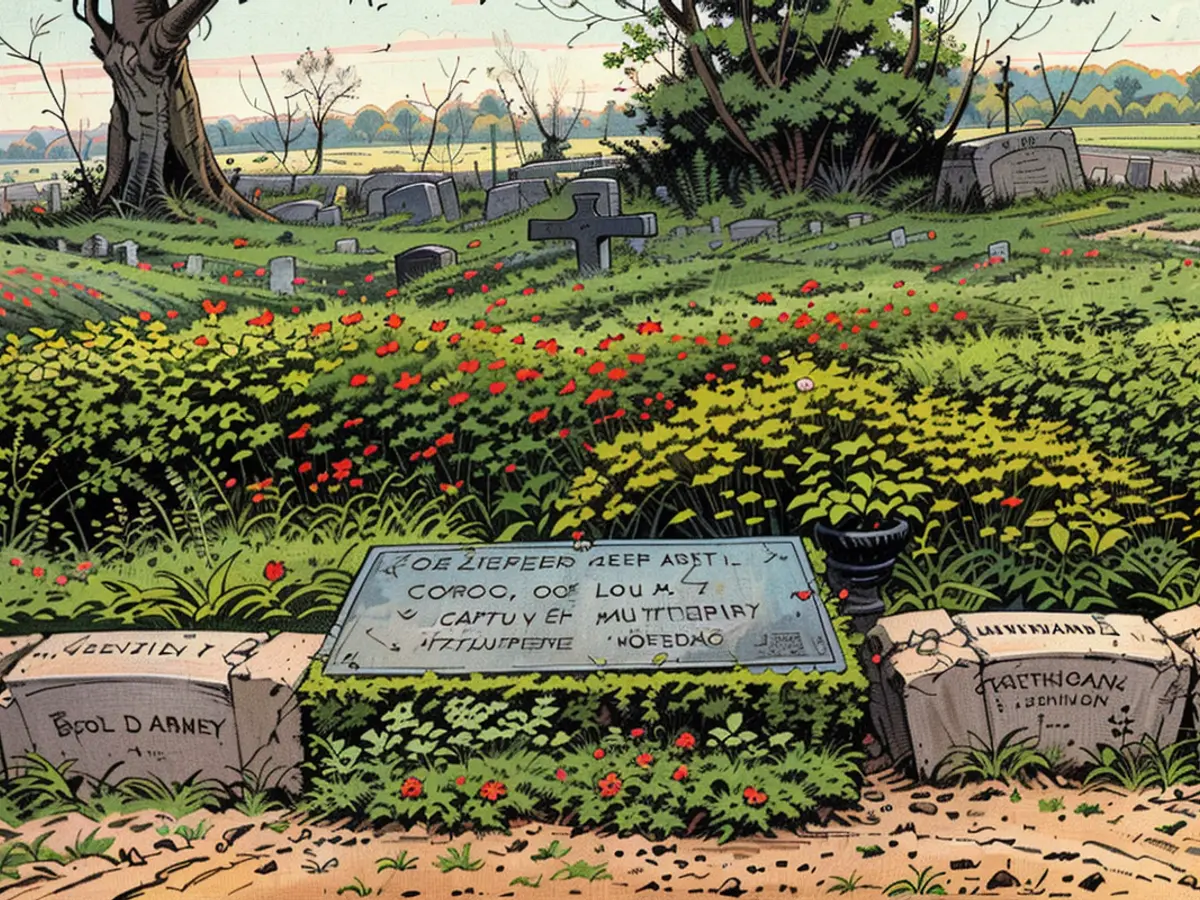
My teenage children have shared in the uncertainty too. Once Nate entered our lives, he became the centerpiece of our dinner table conversations, and not always a palatable one. "Did they find Uncle Nate's femur yet, Mom?" my daughter Naomi would ask while eating her salad. "How will they know which bones are his, Mom?" my son Asher would worry over his pasta. We were all unsettled.
Following the game, Asher inquired, "You didn't select Uncle Nate's mahogany casket yet?" I had indeed made the selection –– the casket would be a polished dark walnut one with a lining of crepe fabric, a decision that had given me a great deal of anguish. Naomi again asked, "Can I display Uncle Nate's Purple Heart for my pals?" She was allowed to - Naomi knew the whereabouts of it, and was instructed to only handle it following a thorough hand-washing.
The Purple Heart was bestowed upon me by a captain from the Army's Casualty Operations, who made a two-hour journey to my residence for the occasion. My heart sank when I laid eyes on it. This medal now rests alongside Nate's military and dental records on my desk. I intend to organize these records following Normandy. Then, I'll showcase Nate's Purple Heart in a shadowbox, accompanied by the burial flag that was given to me prior to lowering his casket into the ground.
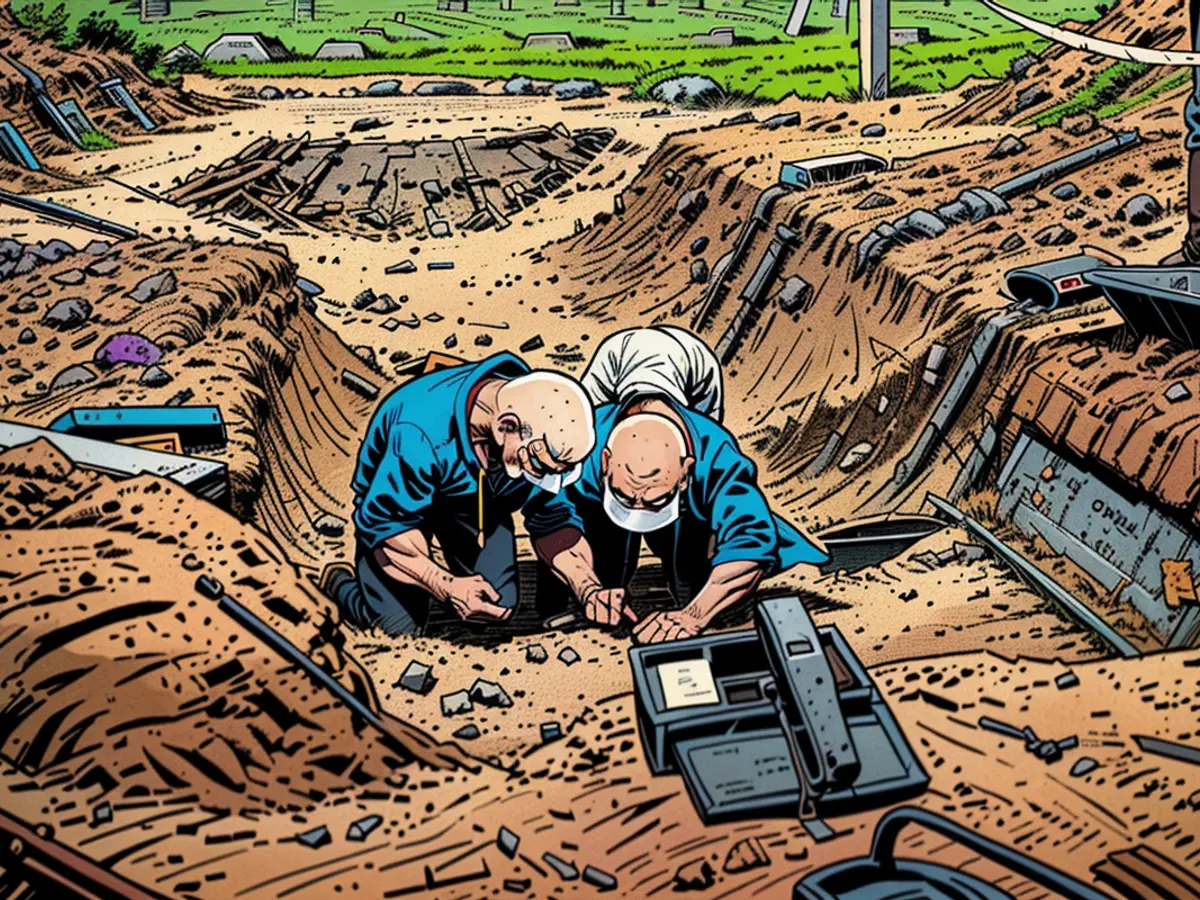
Reflecting on this unforeseen and staggering mission to locate Lt. Baskind, here's what I hope my kids have gathered and what I'll instruct my fall semester students:
Sign up for our newsletter
- Sign up for CNN Opinion’s newsletter*Join us on Twitter and Facebook
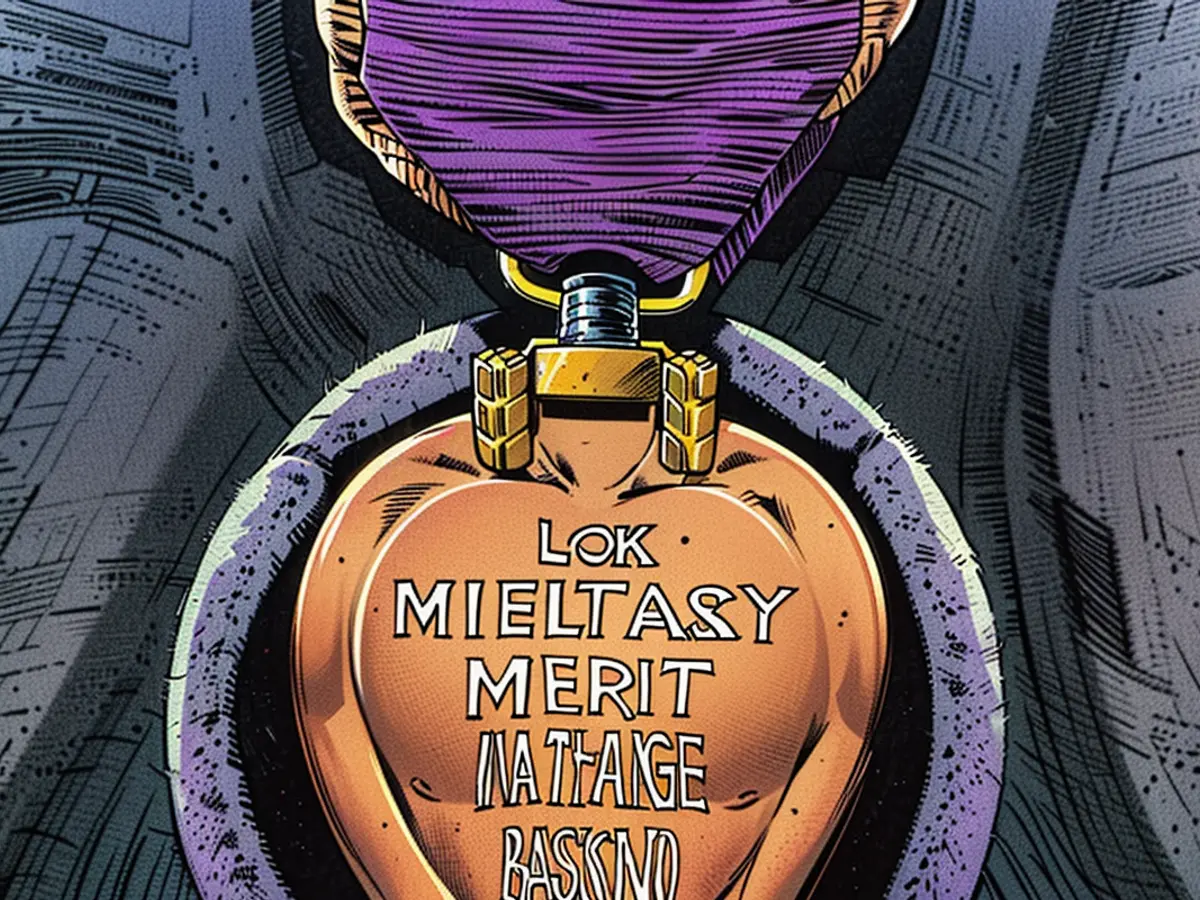
We are at a time when we can't assume the security of democracy. We can't presume antisemitism is no longer a menace, and we can't simply rely on everything turning out alright. Uncle Nate sacrificed for our rights, and his demise serves as a stark reminder that liberty comes at a cost.
Burying the deceased is one of the most unselfish duties, as the deceased cannot express gratitude. It has been an immense privilege.
In our divided world today, the recovery of Uncle Nate, after 80 years in a German mass grave, symbolizes a victory of international goodwill. All hope is not extinct.
Read also:
After learning about the historical injustice of Uncle Nate's burial, many people expressed their opinions on the matter, highlighting the importance of respect and dignity for all soldiers, regardless of their backgrounds.
Despite the complexity and emotional toll of the search, numerous individuals shared their support and encouragement, voicing their hopes for a proper burial for Uncle Nate.
